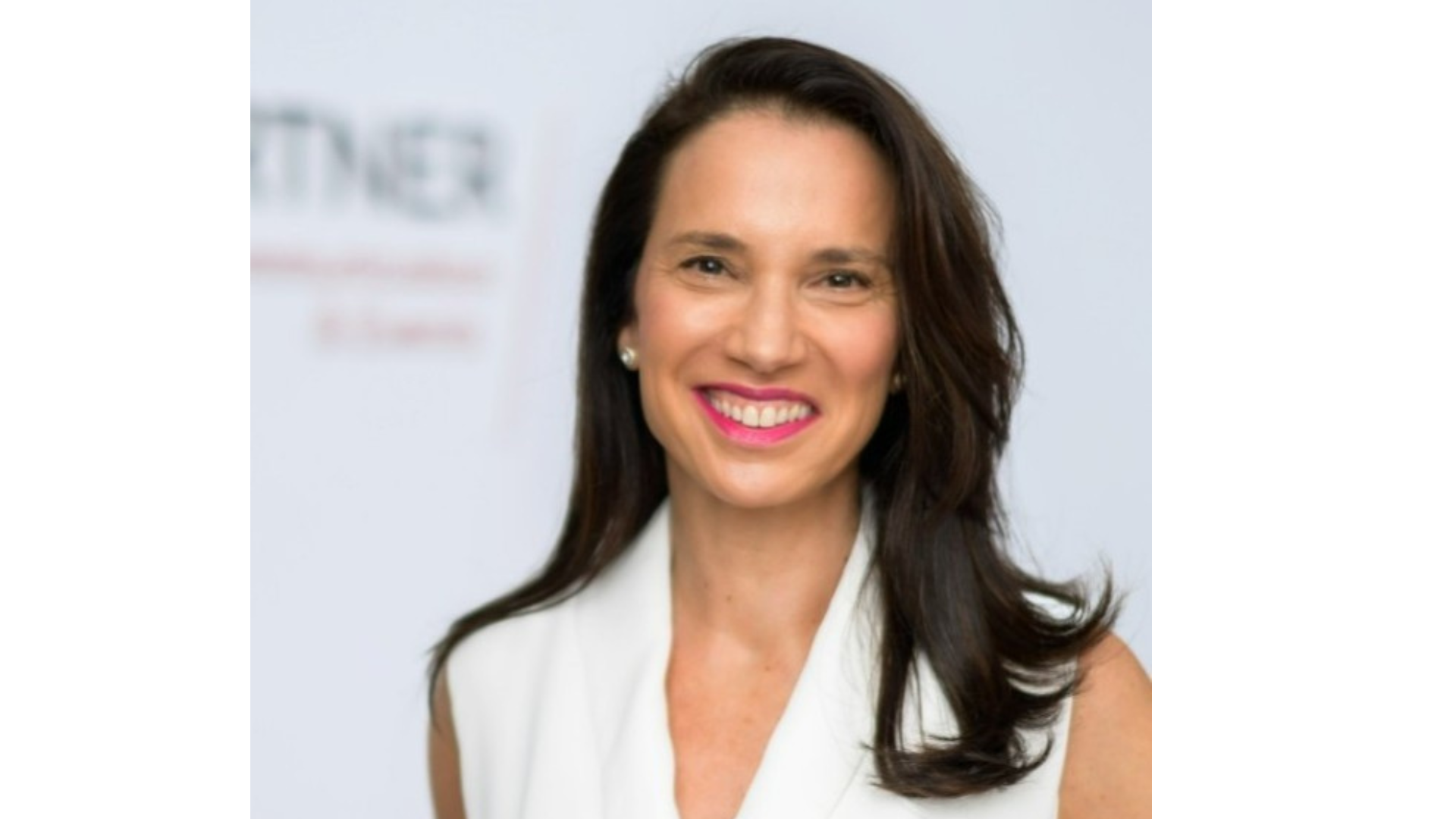The Wellness sector is a growth sector that has emerged stronger after the pandemic. Personal care and beauty, healthy nutrition, physical activity, nutricosmetics, mental health, spa and thermal activity or even wellness tourism and wellbeing in the workplace or sustainable construction are activities that have experienced very significant growth in recent years.
In developed societies, the concern for a better quality of life and optimal physical and mental health leads to the search for a higher, holistic wellbeing.
What are some of the trends we see for 2024 and/or the years ahead?
- Reversing ageing. We went from anti-ageing to well-ageing and now the new trend is the search for "reversing" ageing, treating it as something that can be restored, a concern and interest of some studies, books and companies nowadays. With a population that tends to live longer and longer and aspires to do so in the best possible living conditions, this subject is going to awaken a lot of interest and possibilities.
- The importance of maintaining good muscles. Cardio was the main focus of fitness for a long time. We used to focus a lot on calories burned per hour and that seemed to be the main goal. Now, building muscle is a goal for all ages. Women have also lost their fear of weights and their relationship with a better quality of life and even better ageing is very clear. We will seek a balance in working on mobility, elasticity, cardiovascular and respiratory capacity and strength. We will combat sedentary lifestyles with group and individual activities and this is or will be a fundamental aspect of our day.
- Balanced and personalised nutrition. Restrictive diets that cannot be followed in the long term are - fortunately - losing ground to balanced diets in which the consumer is well informed about the nutritional values and ingredients of each food. Thanks to DNA or epigenetic tests and an analysis of a person's lifestyle, preferences and condition, diets can be designed that can have a fundamental preventive value. The consumer is an expert and nutrition is a subject of debate and even controversy.
- Concern for mental health. Undoubtedly, after the pandemic, it is the great protagonist in terms of health. Seeing a psychologist is no longer taboo and emotional management is a fundamental part of education and well-being. It is part of our vocabulary and our daily lives. The challenge is not to confuse the population with the large number of people offering content on this subject, not all of them with the necessary knowledge.
- The search for balance and holistic health. Health is conceived as a whole and we see our wellbeing as a balance of parts. We do not make isolated decisions to improve certain aspects, we seek to do things that help us to achieve wellbeing in everything we do, in a holistic way.
- Travel to seek wellbeing in their place of origin. The new generations are prioritising travel, getting to know new places and even working from other locations. It is a key factor of wellbeing, especially for young people who find it difficult to access housing and other aspects that previously concentrated all the savings and interest. We want to try in situ the gastronomy, treatments and everything we have seen from afar. Experiencing and living it live - and telling about it in networks - is fundamental for many people, especially young people.
- Sustainability and ecology in all sectors. Climate change, increasingly evident and faster than we imagined, is present in new forms of consumption. The viability of the planet we inhabit and our existence depends on our taking action. Brands change their products, but also their values. Sustainability is part of the way companies understand their own business and values.
- Personalisation. Cosmetics and tailor-made treatments, made to measure for each consumer. Because everyone is different. This difference is fundamental to obtain better results, whether in nutrition, cosmetics or other types of treatments.
- Inclusion and diversity. Diversity is the protagonist and must form part of the company. This is reflected both in products specially designed and conceived for specific groups, such as LGTBIQ++, and in genderless products, which include everyone and do not differentiate from their very conception.
- Nutricosmetics, nutraceutics and biotechnology. Its basis is prevention and the search for external wellbeing, but above all, internal wellbeing. The perfect combination of health and nutrition. We are what we eat is a phrase that is becoming more and more meaningful and real.
Integral personal care, both inside and outside, will be what we will be looking for most in the coming years. We want to feel good and improve our quality of life in every aspect and space in which we move.

